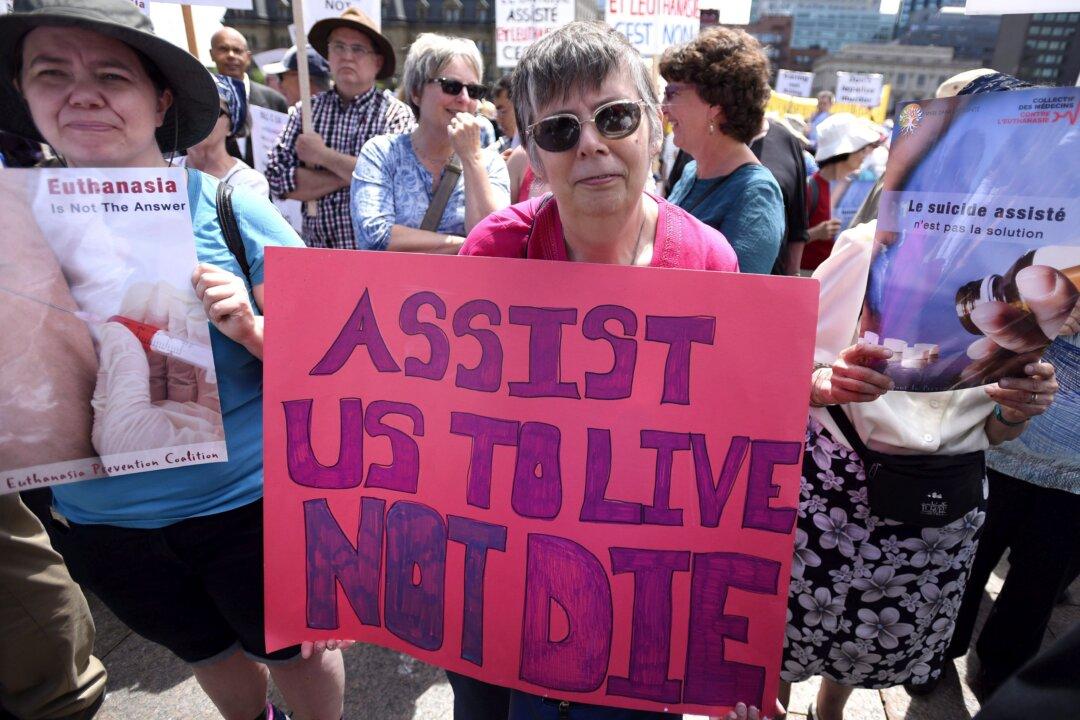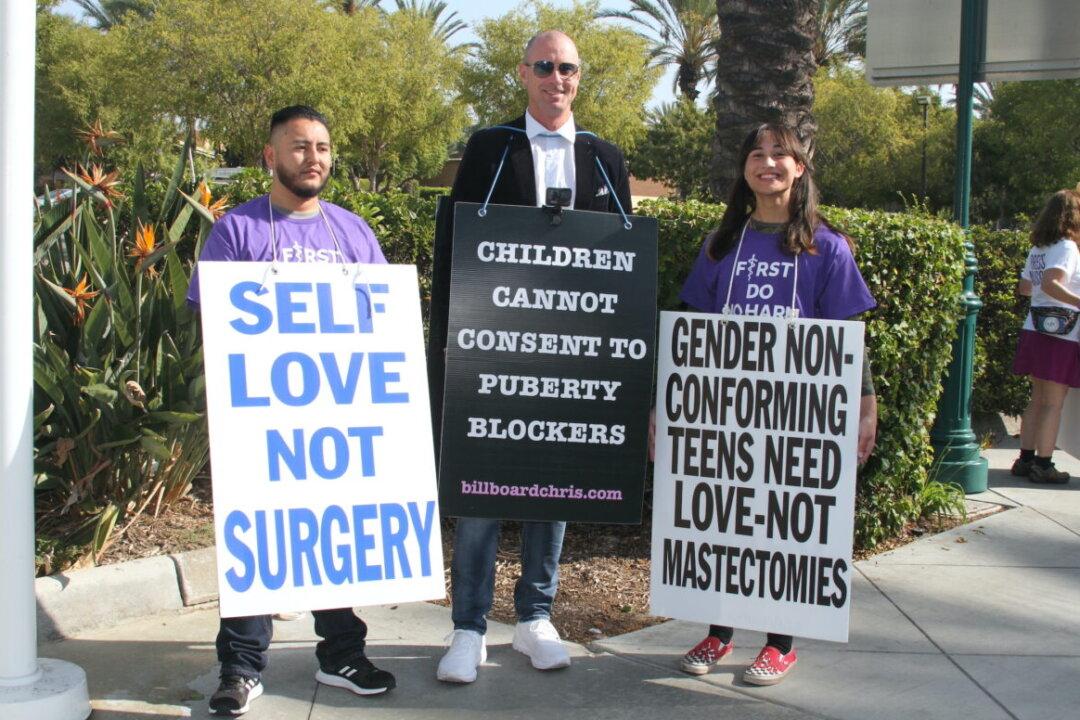Commentary
Americans committed to building a life-affirming culture need only cast their eyes to our northern neighbor to see what awaits if our vigilance wanes.A Canadian retailer recently launched an advertising campaign promoting assisted suicide. When a Canadian veteran and Paralympian requested government assistance for a wheelchair lift, Canada’s Veterans Affairs office offered to assist the veteran with suicide.


